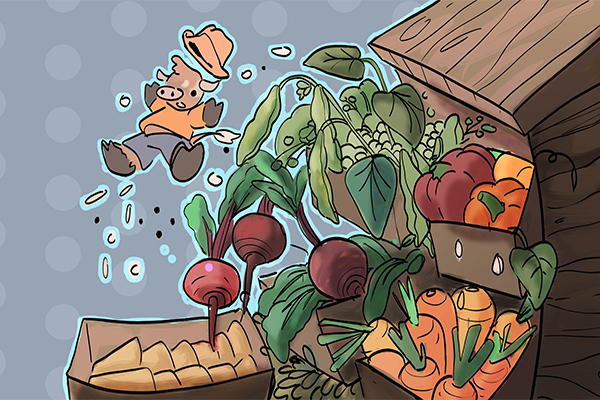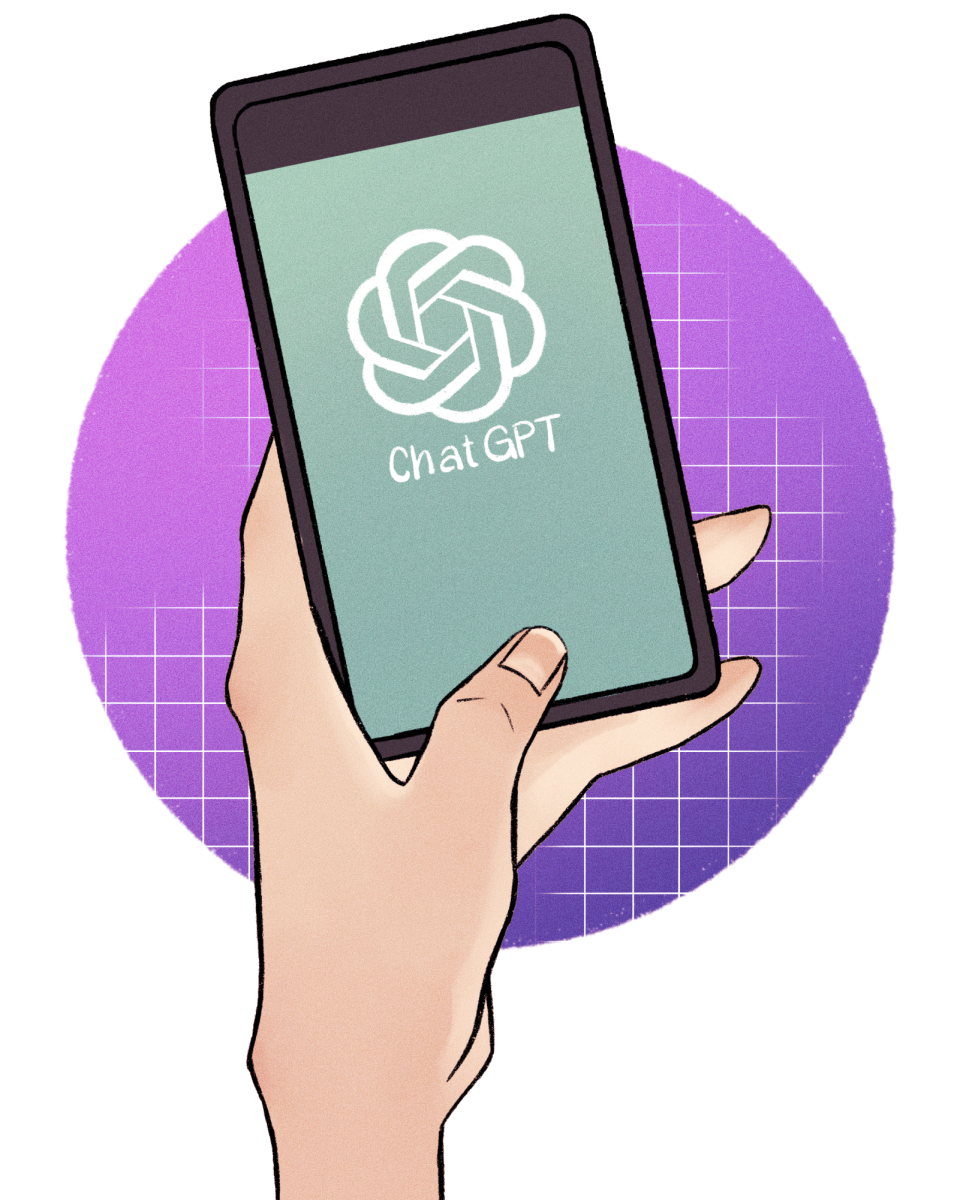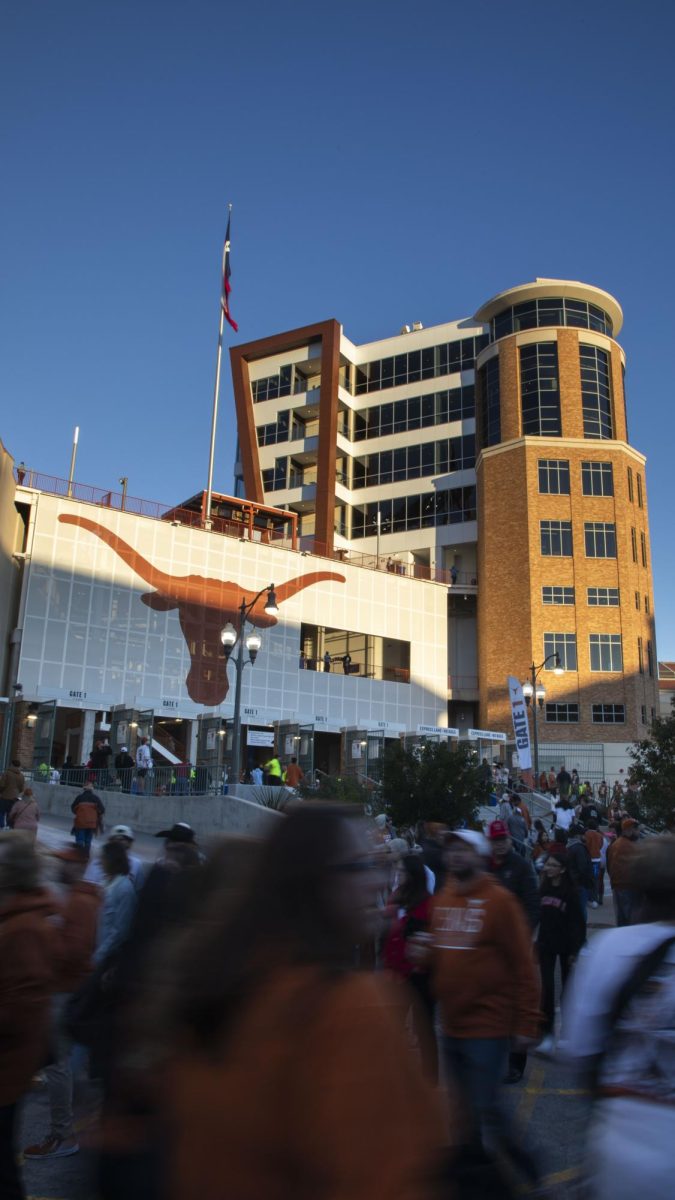The Campus Environmental Center’s Microfarm, a student farm near campus, launched a new initiative this semester to allow students, faculty and staff to give and exchange seeds through a seed library.
The Microfarm aims to bring attention to seed-saving practices and increase the UT community’s involvement in sustainability practices. It plans to build the library during the spring semester, project co-leader Nikki Hammond said. Project co-leader Sally Jung said she hopes the seed library will become a vital resource for the University.
“Seed saving helps preserve the culture, history, and genetic diversity of plants and crops,” said Jung, an environmental science and geography senior. “We hope to give students the opportunity to be involved in one aspect of the food system.”
Hammond, a communication and leadership sophomore, said the Microfarm is partnering with University Housing and Dining and the UT Farm Stand to help build the library’s seed collection.
The library will be constructed on campus in a lending library style, where people can take what they need and leave seeds for others, Hammond said.
“The Microfarm’s mission is to provide accessible, healthy food and serve as an educational community resource,” Hammond said. “The seed library will continue that goal of education and accessibility.”
Students in architecture, design, engineering and other related majors were encouraged to apply to help build the library through designing, building and creating a budget for the project. Project manager Lauren Ohler has also worked with local businesses to secure seed donations.
“It’s important to seed-save, especially now, because of all the genetic engineering,” biology freshman Ohler said. “It takes a more natural approach to gardening and it helps you connect better with your plants.”
The library also spotlights the issue of food security faced by many people in the UT community, Hammond said.
“Sprouting and saving is an important part of being more connected to food,” Hammond said. “We hope to create a space where any member of the UT community can learn about growing their own plants in a sustainable way.”
Volunteers are currently designing a centralized building on campus and setting up donation drop-offs. Students, faculty and staff are encouraged to contact the Microfarm with any seed donations.
“Our hope is that those who use seeds from the library will harvest the seeds from the plant they grow and bring them back to the library,” Hammond said. “Community engagement within the seed library is vital for its continuation.”





















